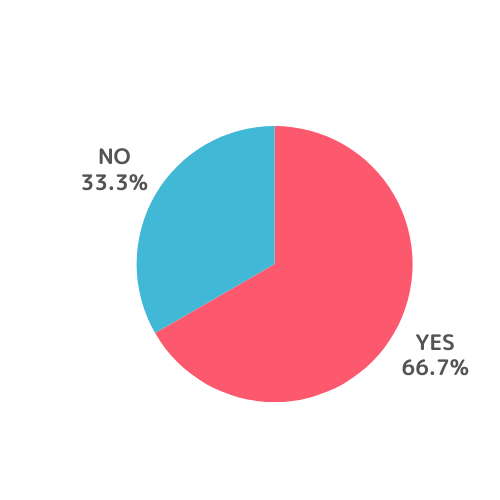Interviews with Tokushima Prefecture residents!
The "combining districts" was introduced to correct the disparity in votes, but what do those who live in areas with combining districts think about the system of combining districts?
Nine men and women in their 30s to 60s living in Tokushima were surveyed!
If there was an election, would you go to the polls (if you could)?

All of the respondents answered that they would go.
Those surveyed this time show a high level of awareness of the election.
Tokushima and Kochi have adopted a system of combining districts to reduce the disparity in votes.
What do you think about the system of combining districts, in which candidates are chosen in the same district, even though they are from different prefectures?

(Male in his 30s)
Since I believe that one person, one vote is the basis of democracy, I think it is unavoidable as a system to correct the disparity in votes.

(Male in his 30s)
If the number of members in the upper house is reduced, I am in favor of combining districts.

(Male in his 30s)
Equality is a right guaranteed by the health insurance system, and the disparity in votes is problematic, and a combined district system is appropriate.

(Male in his 40s)
The unit of "prefecture" as an administrative unit is deeply rooted in our daily lives, but as a political unit, it is not appropriate to treat the Tokyo metropolitan area and regions with declining populations, such as Tokushima, Kochi, and San-in, as the same unit.
Therefore, I think the idea of combining districts, where districts are divided by "electoral districts" rather than by "prefectures," is reasonable.

(Female in her 30s)
The disparity in votes is, of course, important. However, I believe that the significance of national elections is to reflect in national politics and various policies the actual conditions and real voices of the regions, which are usually inaccessible or unknown from the central location of Tokyo, so I think it is unreasonable to reflect in national politics various regional issues that straddle two prefectures.

(Female in her 50s)
If the districts are combined, the opinions and voices of counties with small populations will not be heard by the national government. We would like to see more attention paid to the disparities in local areas than to the disparities in votes.
(National health insurance is expensive, road access is poor, cultural facilities are scarce, etc...)

(Female in her 60s)
While I think it is inevitable due to the small population, I do not feel that the election is locally based.

(Female in her 40s)
Difficult to select candidates from different prefectures because there is little information about them and they are not familiar with each other.
Do you think it is better to give priority to correcting the disparity in votes and continue to incorporate combined districts, or to create districts for each prefecture? We would like to hear your reasons as well.

(Male in his 40s)
According to the Constitution, citizens are equal before the law. I don't think there is a disparity in votes in rural and urban areas because I don't think they are equal.

(Male in his 40s)
Because I think that if we want to encourage the younger generation to participate in politics in the future, we should correct inequalities that can be corrected.

(Male in his 30s)
The adoption of combined districts as a solution to the longstanding issue of correcting disparities is understandable to a certain extent.
However, in the opinion of individual local prefectures, the significance of going to elections will diminish compared to the electoral giant advantage.

(Female in her 30s)
The disparity in votes is important, of course, because it would be impossible to reflect local opinions across two prefectures in order to reflect them in national politics.
Also, in a combined district, if there is no candidate from one's own county, the voter turnout will decrease and individual opinions will be less reflected.

(Female in her 60s)
Because I think the activities of legislators are more local and more enthusiastic on a county-by-county basis.
Because local council members are more familiar with and more likely to support them.

(Female in her 40s)
Because there is little information about the candidates in different prefectures and it is difficult to select them because they are not familiar with each other.
There was no bias in the responses, with two to four people each saying they preferred combined districts, prefectural districts, or neither, but the largest number of respondents, four, said they preferred prefectural districts.
I think people are divided in favor of or against combining districts depending on whether the difference in votes or the fact that the opinions of people living in rural areas are reflected is more important.
Also, there are quite a few differing opinions because it is hard to say which is superior to the other.
Some people also commented that it is difficult to choose candidates from different prefectures because they are not familiar with them,
so it is important for candidates to focus their campaign efforts in areas that were originally different districts when the districts are combined.
The two respondents who answered either way felt that their opinions would have the same impact whether or not they were in a combined district.
A supplementary election for the House of Councillors will be held on the 22nd. There are no candidates from Tokushima Prefecture this time, but do you plan to vote?

As shown in the graph on the right, most of the respondents answered that they would go.
Of those who said they would not go, two were in favor of combining districts and one was opposed to combining districts.